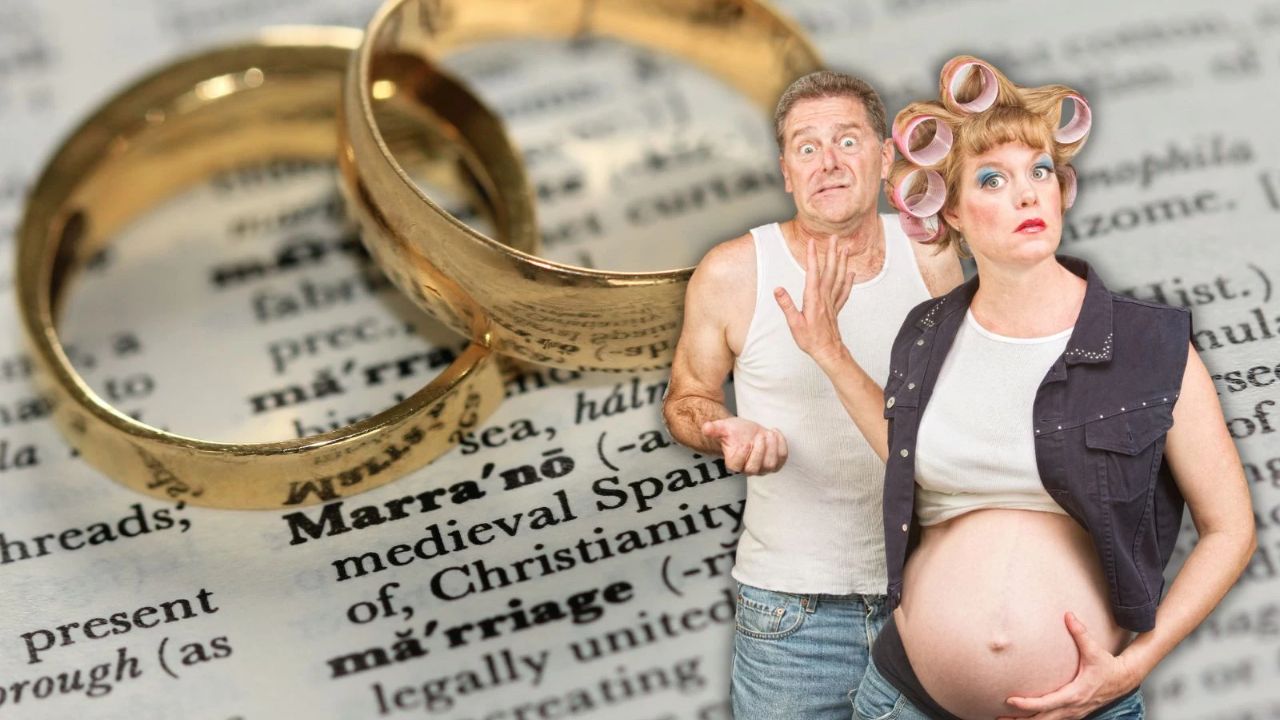For centuries, the question of marrying one’s cousin has sparked debate, shrouded in a complex tapestry of legal restrictions, ethical considerations, and cultural beliefs. In the United States, the legality of cousin marriage varies from state to state, creating a patchwork of regulations and leaving many individuals wondering about their own options. This article delves into the specific case of New York, examining the legal landscape and exploring the intricate web of factors surrounding cousin marriage within its borders.
Understanding the Degrees of Kinship:
Before delving into the specifics of New York law, it’s crucial to understand the concept of “prohibited degrees of kinship.” These degrees, established by historical and cultural norms, define the relationships within which marriage is deemed unacceptable due to the closeness of blood ties. In the context of cousin marriage, the distinction between first, second, and more distant cousins is of paramount importance. First cousins share both parents and grandparents, while second cousins share only grandparents, and so on.
Historically, the United States has held a generally negative view of cousin marriage, driven by concerns about genetic risks and the potential for perpetuating harmful social customs. However, the legal landscape has evolved over time, and individual states have adopted differing stances.
New York’s Legal Landscape:
Now, let’s focus on the specific case of New York. Contrary to popular belief, marrying your first cousin is legal within the state. This stands in stark contrast to many other states, which have explicitly banned such unions. The legal basis for this stance lies in the New York Domestic Relations Law (NDRL), particularly Section 15, which outlines the prohibited degrees of kinship for marriage. This section notably omits first cousins from the list of prohibited relationships, thereby implicitly allowing such marriages.
Furthermore, the 1903 Court of Appeals case People v. Stiver cemented this legal position. In this landmark case, the court upheld the marriage of two first cousins, effectively establishing the legal precedent for such unions in New York.
Restrictions and Exceptions:
However, it is crucial to understand that the legality of first cousin marriage in New York comes with certain restrictions and exceptions:
- Age: Both individuals must be at least 18 years old to marry without parental consent. This ensures that young individuals are not pressured into such a significant decision prematurely.
- Mental capacity: Both individuals must be mentally competent to enter into a marriage contract. This safeguard protects individuals who may not fully understand the implications of their decision.
- No prior incestuous relationships: The marriage cannot be between individuals who have previously engaged in an illegal incestuous relationship. This restriction protects against potential exploitation and abuse.
Ethical Considerations and Legal Implications:
While legal, the issue of cousin marriage remains intertwined with a complex web of ethical considerations and potential legal implications. One of the most significant concerns is the increased risk of genetic disorders. Studies have shown that offspring of consanguineous marriages (marriages between close relatives) are more likely to inherit certain genetic conditions, including cystic fibrosis, Tay-Sachs disease, and others. This risk increases with the closeness of the relationship between parents.
Furthermore, social and religious objections to cousin marriage cannot be ignored. Some communities may stigmatize such unions, and certain religious doctrines may prohibit them altogether. These potential social and religious challenges should be carefully considered by individuals contemplating cousin marriage.
Informed Decision-Making and Resources:
Given the multifaceted nature of this issue, it is crucial to emphasize the importance of informed decision-making for individuals considering cousin marriage. This includes seeking genetic counseling to understand the potential risks for offspring and consulting with relevant professionals to address any social, religious, or legal concerns.
Numerous resources are available to provide guidance and support. For example, genetic counseling centers offer premarital counseling specifically tailored for individuals contemplating consanguineous marriages. Additionally, legal professionals can advise on issues like immigration and inheritance, which may be impacted by such a marriage.
Conclusion:
The question of whether it is illegal to marry your cousin in New York presents a complex legal and ethical landscape. While the law permits first cousin marriage within the state, it is crucial to understand the accompanying restrictions and exceptions. Furthermore, the potential genetic and social implications necessitate informed decision-making and access to relevant resources. Ultimately, the choice to marry a first cousin remains a personal one, requiring careful consideration of all the legal, ethical, and social factors involved.

